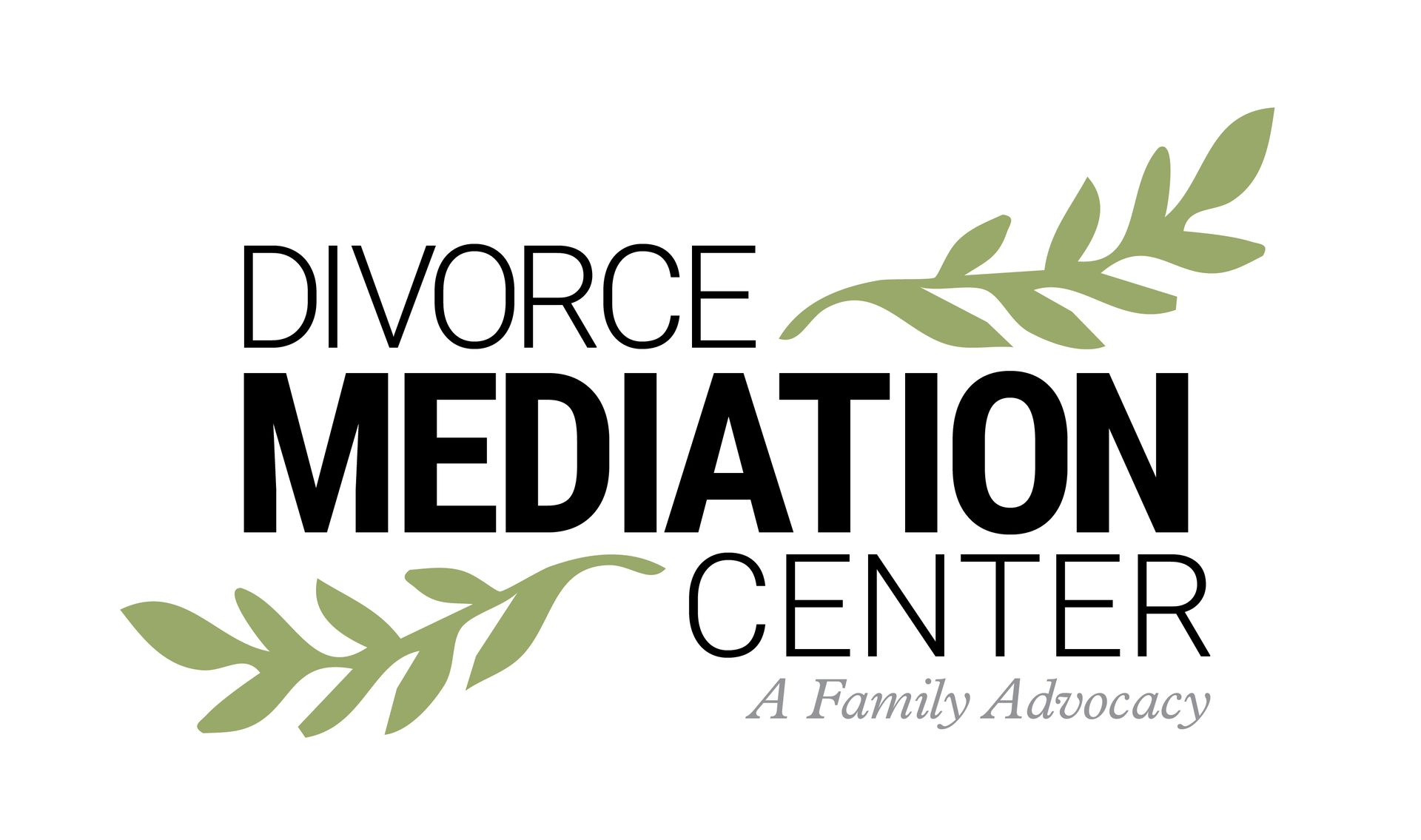Divorce and Kids-Handling Difficult Co-Parenting Situations Part 1
Handling difficult co-parenting situations
In this continuing series on divorce and kids we answer some often asked questions regarding how does a newly divorced parent handle some unusual difficult co-parenting situations when their Ex-Spouse/Co-Parent is not cooperative? Here are some common situations that may arise:
Q: What if my co-parent does not want to see or communicate with our child?
Your child needs to know that his other parent’s failure to remain involved has nothing to do with him or how loveable he is. You must also explain in a way that does not place the other parent in a bad light no matter how angry you are at them for disengaging. This is very important to your child’s self esteem. Tell them “I know you are sad and confused about why you don’t see (Mommy/Daddy) anymore. He/she is having a hard time right now and I hope he/she will be able to see you soon.”
Q: What if my co-parent refuses to have any communication with me?
The best way to repair lost communication is to continue to communicate as though the other person will respond. Continue to offer information about the children on a regular and timely basis and always be considerate and polite even if the response is silence or anger. You might write a message to them acknowledging what you think the problem is and how they must feel, then suggest a way to overcome it and move on. “I know you are angry at me for going through with this divorce and may not like me very much anymore. Could we find a way to talk about the children’s welfare? Perhaps we could speak briefly by phone once a week to share information such as homework, sports schedules and special plans, what do you think?”
It is very common for divorcees and their children to experience grief post divorce (we addressed how children grieve in divorce in an earlier blog post). How do you deal with this grief?
Q: Should I hide my sadness from my child? How do I handle my emotions in front of them?
Sadness is a real emotion that your child is feeling as well. Acknowledge it, explain why you are sad and include their feelings in the communication. “I’m really sad about the changes that have happened; I bet that you feel pretty sad too. Sometimes when I am sad I cry, talk to a friend or busy myself with a hobby, then after an hour or so I feel better. What works for you when you are sad?” Don’t hesitate to seek professional help as you work through your grief. Your children need to know that you will be able to take care of them as well as yourself.
Excerpt with express permission from “Children of Divorce” (trademarked seminar published by Jeri Amann/ Marti Kitchens-Cobb )
For more information on this topic please buy our new book Family Divorce 101 -A Guide to What Divorcing Families Should Know or our book for Therapists: Family Divorce Therapy 101 -A Clinician’s Guide to Best Practices for Treating Families Pre/During/Post Divorce (Amazon)
For more divorce advice and cost saving tips please buy our book Transitions Divorce® Prep Workbook
Disclosure of Material Connection : I have not received any compensation for writing this post. I am disclosing this in accordance with the Federal Trade Commission’s 16 CFR. Part 255: “Guides Concerning the Use of endorsements and Testimonials in Advertising.”
Disclaimer: This is my personal blog. The opinions I express here do not necessarily represent those of my organization, Transitions Resource, LLC. The information I provide is on an as-is basis. I make no representations as to accuracy, completeness, suitability, or validity of any information on this blog and will not be liable for any errors, omissions, or delays in this information or any losses, injuries, or damages arising from its use.
The post Divorce and Kids-Handling Difficult Co-Parenting Situations Part 1 first appeared on Divorce Mediation Center.





